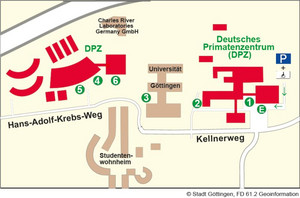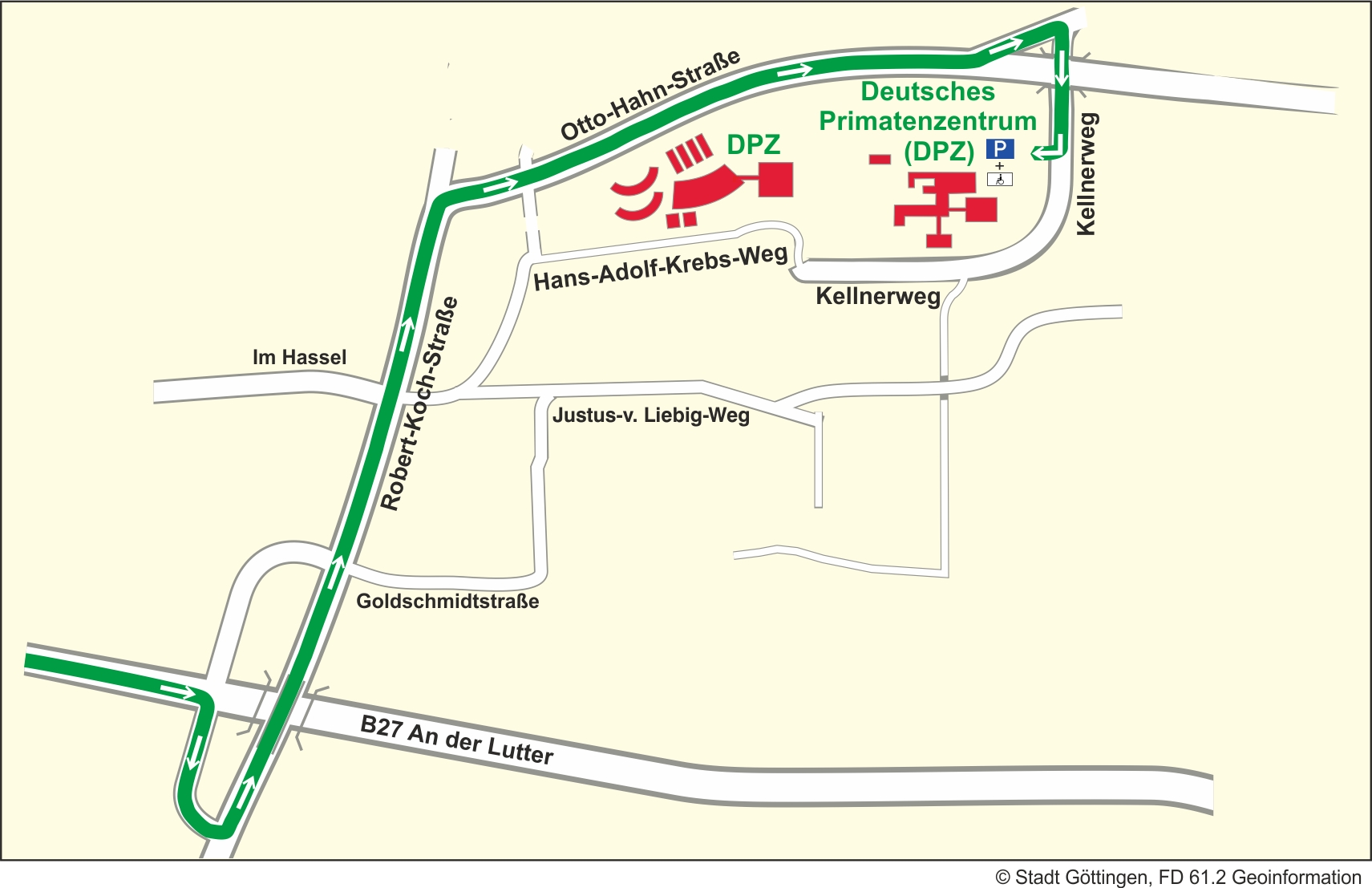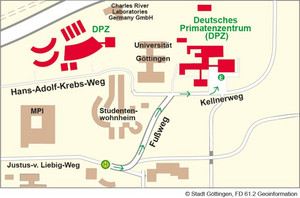Summer School Utrecht 2019
Save as calendar entry
Clinical Ethology - M27
www.utrechtsummerschool.nl/courses/life-sciences/clinical-ethology
Clinical ethology is the appliance of ethological knowledge (on animal behaviour) to clinical situations such as behavioural problems. Clinical ethology has a strong link to animal welfare, as most behavioural problems can be linked to impaired adaptive capacity which eventually may have negative consequences on welfare. Preventing the development of behavioural problems through appropriate housing and management, and adequate treatment is the best choice to guarantee animal welfare in general. Therefore, it is essential for animal professionals to understand the primary causes of behavioural problems from the perspective of the biology of the species (or even breed). Furthermore, insight in the possible causes and development of behavioural problem processes gives opportunities for (early) intervention preventing excessive or unsolvable situations.
This course will focus on species specific behavior and behavioural needs of small companion animals that are commonly kept as pets, such as dogs, cats, rabbits and parrots, in relation to their welfare. It will also address possible causes of the development of behavioural problems and their prevention. Furthermore, the treatment of some common behavioural problems such as fear (including separation anxiety), aggression, house soiling, compulsive disorders and stereotypies and hyperactivity will be addressed in more detail. In this course, students will gain experience with observing and interpreting behaviour, behavioural anamnesis, behavioural diagnostics (ddx) and the treatment of behavioural problems, whereby the underlying primary motivations will be addressed which is necessary for adequate interventions, including training and/or choices for behavioural medication.
Anamnesis techniques, diagnostics and treatment of behavioural problems are of clinical relevance to animal professionals such as veterinarians, biologists/ethologists and related life science graduates. Therefore, this course is targeted at students with a bachelor degree in veterinary science, biology/ethology, psychology, other related life sciences, or graduates that have an interest to increase their knowledge on animal welfare and behavioural problems. This course might also be of interest for other professionals, such as law students/practitioners, who have links to animal welfare in their profession.
Target audience
This course is targeted at students with a bachelor degree in veterinary science, biology/ethology, psychology, other related life sciences, or graduates that have an interest to increase their knowledge on animal welfare and behavioural problems. This course might also be of interest for other professionals, such as law students/practitioners, who have links to animal welfare in their profession
Costs
Course fee: € 850.00
Housing fee: € 350.00
Housing through Utrecht Summer School
Application
For this course you are required to upload the following documents when applying: C.V.
More information
c.m.kapteijn@uu.nl
030-2533674
Registration
Application deadline: 15 June 2019
Course aim
At the end of the course the student
- Possesses knowledge on adaptation and animal welfare
- Possesses knowledge on species specific behaviour of dogs, cats and rabbits and parrots
- Can observe and interpret the most important behavioural patterns (and the underlying motivations) of dogs, cats, rabbits and parrots.
- Possesses knowledge on (the development of) behavioural problems
- Possesses knowledge on learning theory and animal training
- Can advise on the treatment of some common behavioural problems in dogs, cats, rabbits and parrots
Administration
Course director Prof. dr. S. Arndt
Anfahrtswege zum DPZ
Lageplan des DPZ

E - Haupteingang/Anmeldung
1 - Geschäftsführung; Abteilungen: Infektionsbiologie/-modelle, Versuchstierkunde, Primatengenetik, Verhaltensökologie und Soziobiologie, Kognitive Ethologie, Neurobiologie; Verwaltung; Bibliothek; Stabsstellen: Forschungskoordination, Kommunikation, Informationstechnologie, Betriebstechnik
2 - Materialanlieferung/Einkauf
3 - Forschungsplattform Degenerative Erkrankungen; Forschungsgruppe Soziale Evolution der Primaten
4 - Abteilung Kognitive Neurowissenschaften
5 - Tierhaltung
6 - Bildgebungszentrum; Abteilung Funktionelle Bildgebung
Anreise mit dem PKW

Folgen Sie von der Autobahnausfahrt "Göttingen Nord" der B27 in Richtung Braunlage bis zur dritten Ampelkreuzung. Biegen Sie rechts ab Richtung Kliniken und anschließend links in die Robert-Koch-Straße. Am Ende der Straße fahren Sie rechts in Richtung Nikolausberg auf die Otto-Hahn-Straße. Die erste Straße zu Ihrer Linken ist der Kellnerweg, das Primatenzentrum ist ausgeschildert.
Anreise mit dem Bus

Ihr Fußweg von der Bushaltestelle Kellnerweg zum DPZ-Haupteingang/zur Anmeldung:
Von der Bushaltestelle Kellnerweg (Linie 21/22 und 23) Straße überqueren, in Fahrtrichtung des Busses gehen. Am Briefkasen links in den Fußweg einbiegen und rechts halten. Am Ende des Fußwegs rechts in den Kellnerweg abbiegen. Der Haupteingang des DPZ liegt dann auf der linken Seite.
Date and Time 19.08.19 - 09:00 - 30.08.19 - 17:00 Open for signup
Location Utrecht University - Faculty of Veterinary Medicine
Utrecht University - Faculty of Veterinary Medicine
www.utrechtsummerschool.nl/courses/life-sciences/clinical-ethology
